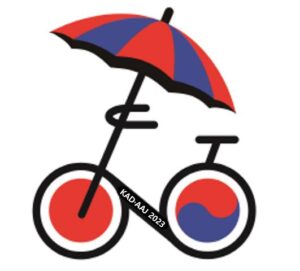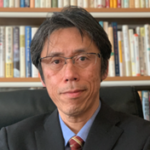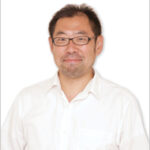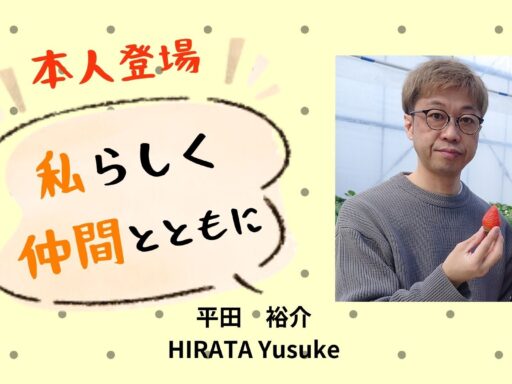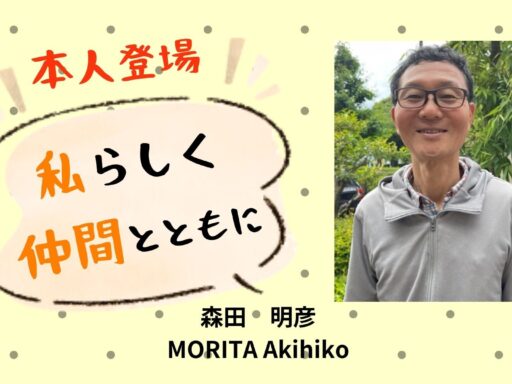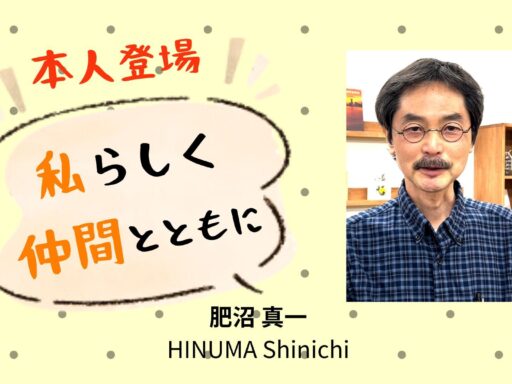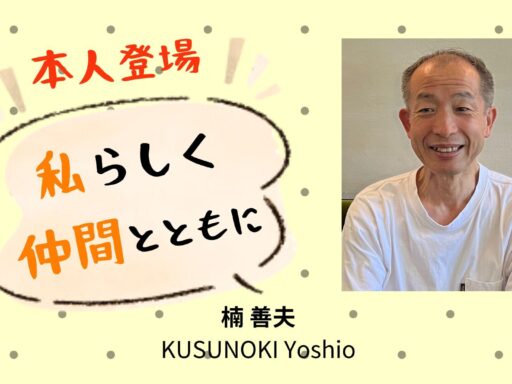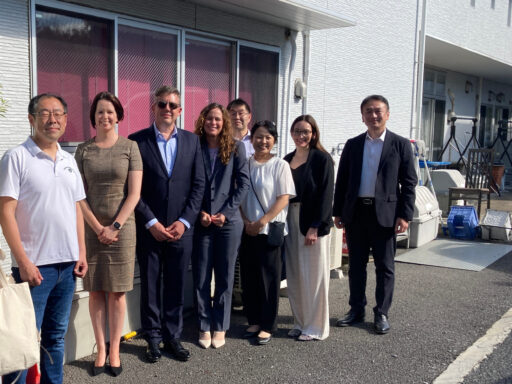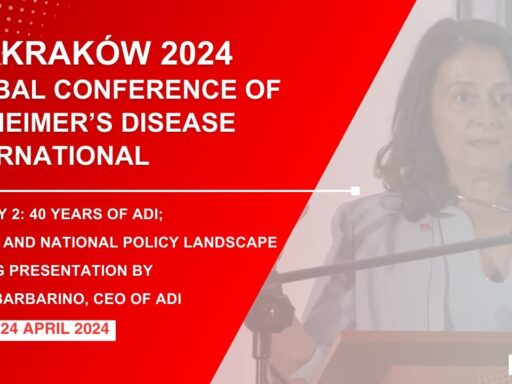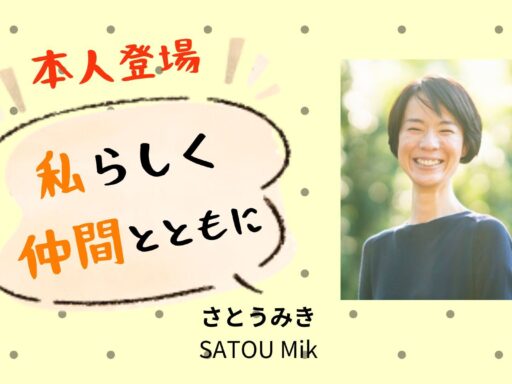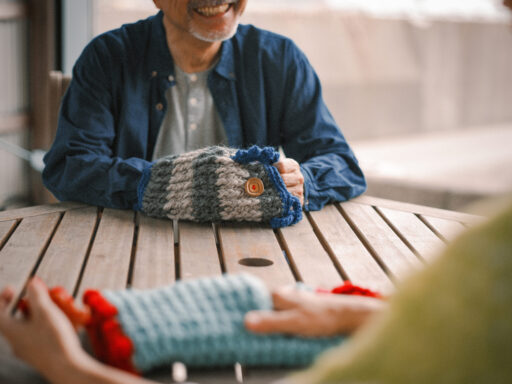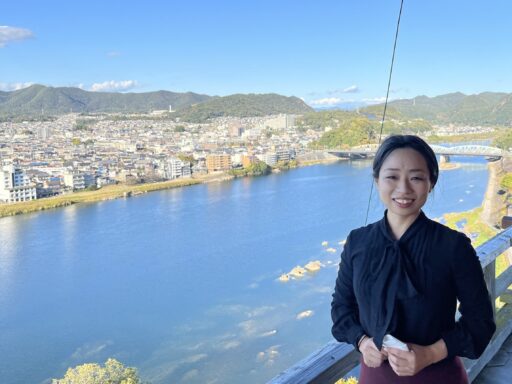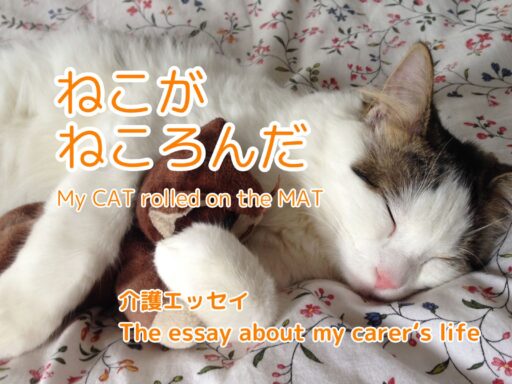Participation in the “Japan-Korea Exchange Online Meeting”

On March 21,2023, ”Japan-Korea Exchange Online Meeting” was held under The Japan Dementia International Exchange Platform. I was asked to write a report and my impression of that meeting, although it was a poor English sentence.
Due to the influence of Corona, it was the second online exchange with about 50 participants.
Regrettably, I could not hear the everyone’s speech perfectly because of some troubles by the mechanical malfunction, but everyone spoke eagerly and listened to the other’s opinion.
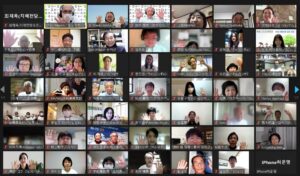
Though I wandered what to write, it was my subjective opinion that the article was published, so I would like to express frankly my personal feelings.
Let’s me summarize the outline of the exchange of opinions through this meeting, To begin with, I thought the feeling of families suffering from dementia are the same , but there are some differences in how to deal with it between two countries in each society.
Recently, in the case of Japan, even people in dementia try to come out openly about their onset and symptoms of dementia and made public, not to disclose without hiding it . In particularly, younger people with dementia , so called 若年性認知症、are actively appearing in lectures and the mass media to cultivate their mind by opening their symptom.
On the other hand, in South Korea, there is still a strong tendency to hide the disease, because of prejudice and incomprehension remain in the world. Most of all the Korean talkers conceal their illness both the patient and their family. Even high position workers like a professor.
However, it cannot be said nothing in Japan. There are many people have mistakenly thinking of dementia sufferers with mental disabilities , or mental disorder, and disabilities of function who cannot do anything. How bitter thinking they are!
That‘s why medical education and awareness campaigns for dementia are so important. The report from Tokushima was helpful in systematizing the awareness campaign throughout the region. Elementary school students are also allowed to read books on dementia.
If , in Korea, they can create an environment in which such a system can be established as soon as possible, it will be meaningful to have this exchange to talk each other on this meeting.
There were a lot of questions from South Korea about the conditions and responses to the nursing care facilities in Japan, as well as cost. I don’t remember the name of insurance, like our long-term care insurance, whenever they need , they can apply and get the amount.
Japanese families hope that the national dementia policy will improve, but conversely, the burden of long-term care insurance is increasing、 and also it is becoming increasingly difficult to move into public facilities. We need health and welfare services for the elderly dementia. I hope.
However, there are also excellent facilities in the private sector. For example, there was a person who opened a facility for dementia patient from her own experiences, even though she herself had younger-onset dementia . Her motto is to make a cozy places as follows, “ Be yourself 。Whether you have dementia or not you can talk to each other as a person. Make many friends and have fun and laugh” That is a place where everyone can enjoy and support each other.
If there is someone who can be positive, someone can support and be supported. She is aiming to create such a facility. To increase such facilities, that may be the role of the family association.
By Hisayo Yoshioka
